Document Type
Report
Publication Date
Fall 2014
Keywords
women, immigration, migrant, refugees, anti-violence, Canada, policies
Abstract
The Migrant Mothers Project (MMP) was launched in 2011, as a collaborative research project led by Rupaleem Bhuyan at the University of Toronto in partnership with a network of community stakeholders, legal clinics, community health centres, and grassroots women. The MMP examines how immigration policies contribute to the production of violence against women and creates barriers for women seeking safety and support.
In 2013, The Migrant Mothers Project conducted research to understand how immigration and refugee policies impact the safety of immigrants who have a precarious status. Since 2008, the Canadian government has introduced an unprecedented number of legislative and regulatory changes that have impacted immigrants’ and refugees’ access to legal representation, access to social and health services, and pathways to permanent residence. We wanted to understand how immigration policy changes are impacting how community based organizations work with women with precarious immigration status, especially in cases where women are seeking safety from violence. Over the past two decades, anti-violence against women advocates have grappled with intersecting oppressions that impact women’s efforts to flee or recover from violence. When Linda MacLeod and Maria Shin were commissioned by Health Canada to study the service delivery needs of immigrant and refugee women, they emphasized that many immigrants and refugees who are abused are isolated due to language and cultural barriers, racism, the ‘strangeness’ of their environment and the power that their immigration sponsors held over them. Supporting refugee claimants, immigrants who were facing sponsorship breakdown, and developing programs to address language barriers, ethno-cultural differences, and queer and trans people in immigrant communities emerged as key concerns in anti-violence against women programs and services. More recently, organizations have identified immigration status as a pivotal factor that increases vulnerability to abuse and neglect.
Faculty
Faculty of Applied Health & Community Studies
Version
Publisher's version
Copyright
© Migrant Mothers Project
Terms of Use
Terms of Use for Works posted in SOURCE.
Creative Commons License

This work is licensed under a Creative Commons Attribution-Noncommercial-No Derivative Works 4.0 License.
Original Publication Citation
Bhuyan, R., Osborne, B. J., Zahraei, S., & Tarshis, S. (2014). Unprotected, unrecognized: Canadian immigration policy and violence against women, 2008-2013.(Report). Toronto, ON: Migrant Mothers Project, University of Toronto. Retrieved from http://www.migrantmothersproject.com/wp-content/uploads/2012/10/MMP-Policy-Report-Final-Nov-14-2014.pdf
SOURCE Citation
Bhuyan, Rupaleem; Osborne, Bethany; Zahraei, Sajedeh; and Tarshis, Sarah, "Unprotected, Unrecognized: Canadian Immigration Policy and Violence Against Women, 2008-2013" (2014). Publications and Scholarship. 5.
https://source.sheridancollege.ca/fahcs_publications/5



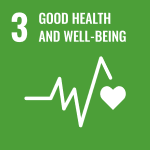
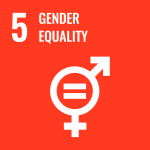
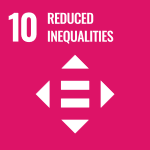
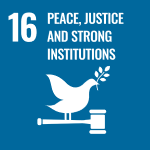
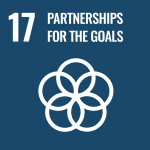
Comments
31 May 2018: At the time of publication, Sheridan College author Bethany Osborne was associated with University of Toronto.